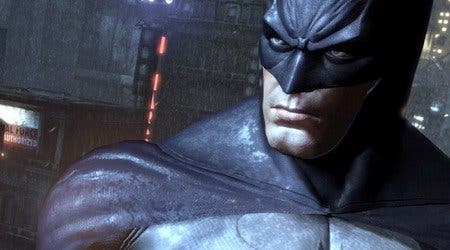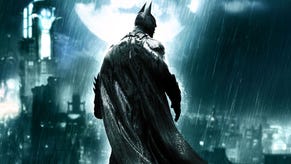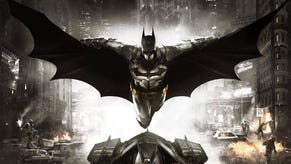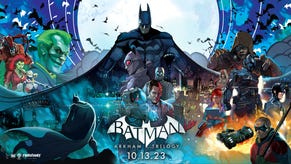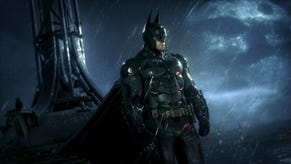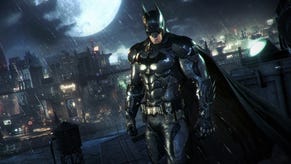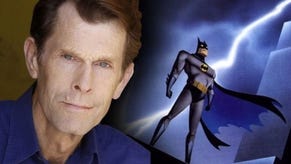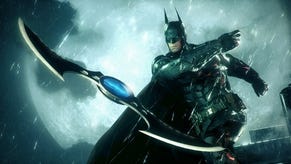Game of the Week: Batman: Arkham City
Panel beating.
This week, gaming's famous characters - you know, Lara Croft, Mario, that chick who died in Final Fantasy and Soldier Pointing a Gun - make way for two of the 20th century's greatest literary heroes on our screens.
Both of these heroes sprang from the pencils of young comic book artists in the 1930s (well, one debuted in 1929). And though they're very different characters who originated in very different parts of the world, both of them have had an enormous influence on more than one generation of young reader.
In fact, one of them defined my own ideas of justice, courage, loyalty and resourcefulness (though thankfully not social politics). If I'd been bought a different book for my eighth birthday, it could quite easily have been the other.
And you know what? I don't think I would have turned out very differently. I've been thinking about heroes a lot this week as I wrote up my chats with Blizzard's story guru Chris Metzen. The thing about heroes is that who they are makes them interesting, but what they represent makes them powerful. And a hero always represents the same things, whether he's socking a Nazi a right-hook while wearing a trenchcoat or participating in a macabre theatre of costumed psychoses.
Tintin, the clean-cut boy reporter created by the Belgian artist Hergé, was my hero. To most French speakers, he's as big a deal as Superman. He appears (in Europe) in a new Spilerberg film this week which it feels like I've been waiting for for 20 years, but am now too worried about to go see.
He's also in a new Ubisoft game which I'm not so worried about, because I asked fellow Tintin fanatic Christian to play it, and he rather liked it. "The game's best levels can be truly brilliant, like a co-op stage that twists and rebuilds itself around you as you move from one switch to the next, or a sneak through the oily decks of the Karaboudjan that plays like Metal Gear Solid 2 directed by Chuck Jones.
"It's not perfect, perhaps, and the whole thing feels pretty slight, but The Secret of the Unicorn's clever and deeply charming - a Tintin game for everybody, and not just the super-fans," he wrote in our Tintin: The Secret of the Unicorn review.
Our Game of the Week (and there really was no contest this week) stars a much darker and more complex - but not a jot less heroic - character.
Batman: Arkham City
The relief and joy that met Arkham Asylum's release a couple of years ago was because someone - a talented London studio called Rocksteady - had finally unlocked and almost fully realised the video game potential of this great character.
Perhaps it shouldn't be a surprise that it took so long. Batman has a lot of different facets to him: detective, martial artist, acrobat, gadgeteer and theatrical stealth vigilante, to name five. Doing just one of those well in a game is a challenge. And we're not even considering his supporting cast and setting.
It's the final piece of that puzzle that this new game adds. As Christian (that guy again) wrote in our Batman: Arkham City review: "Arkham Asylum delivered a Batman so effortlessly tailored for videogames that you could be forgiven for not realising you only ever got half of him. Now, Rocksteady is handing over the rest, putting Batman right where he belongs: in the night sky.
"First they gave us a hero; now they've given us his ideal playground. And along the way, they crossed off one of the trickiest entries on my own personal to-do list: Become Batman. Done."
Gaming doesn't have enough heroes like Batman, and consequently it doesn't have enough games as rich and multi-faceted as Arkham City. At the end of the day, the fantasy of wearing a suit of armour and shooting aliens in the face is easier to realise than the fantasy of being a brooding super-sleuth with a revenge complex and an intellect as big as his muscles. So we get the former.
Let's make better heroes in games. But let's also learn from those that are out already out there, and really try to test games' capability to realise them. As Rocksteady has shown, and as Chris Metzen told me, heroes can make us all better.
